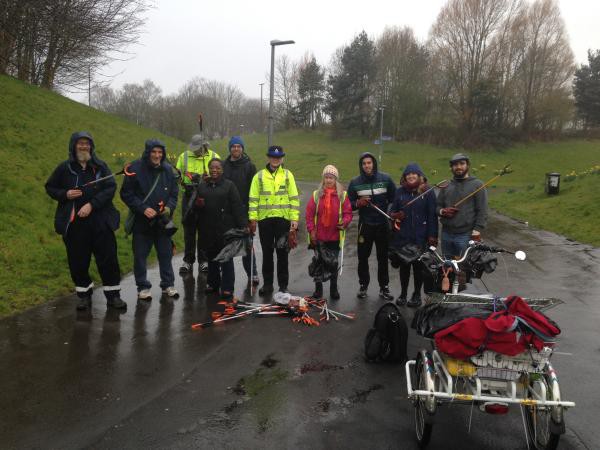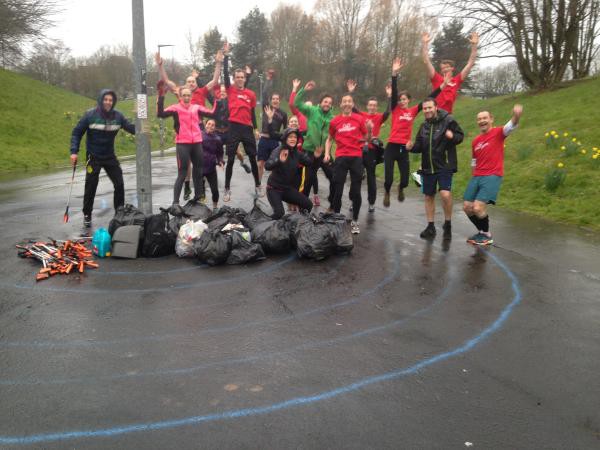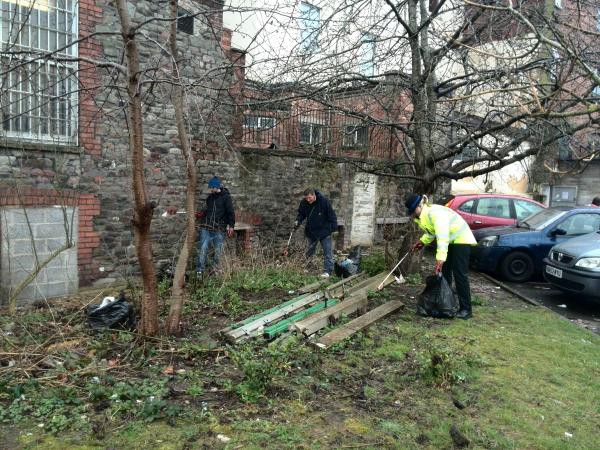PI4J launches manifesto at election time
 Professional Interpreters for Justice (PI4J) is an umbrella group an umbrella group representing over 2,000 interpreters on the National Register of Public Service Interpreters (NRPSI) and 300 British Sign Language (BSL) interpreters.
Professional Interpreters for Justice (PI4J) is an umbrella group an umbrella group representing over 2,000 interpreters on the National Register of Public Service Interpreters (NRPSI) and 300 British Sign Language (BSL) interpreters.
It has been campaigning since the Ministry of Justice signed an agreement with ALS (later Capita Translation & Interpreting) for the provision of interpreting services for courts and tribunals on the basis that reliable communication provided by qualified professional interpreters and translators is an essential resource which ensures that justice and human rights are upheld for non-English speakers and deaf people. This is put at risk if standards are dropped and quality is sacrificed for profit.
To highlight the threats to justice and human rights by cost-cutting on the provision of interpreters in the justice system and against the background of the forthcoming general election, PI4J has published a 7 point manifesto (PDF), as follows:
- The use of qualified interpreters: Only qualified and experienced Public Service Interpreters to be
used within the current MoJ Languages Services Framework Agreement and in any future arrangements. - Full consultation with the interpreting profession: Future arrangements cannot succeed without the
support of professional interpreters. - Sustainable terms and conditions to be offered to interpreters: to ensure the success of any future
arrangements and quality of service. - Independent auditing of quality and performance: Credible scrutiny of contract management and
adherence to its provisions is essential, and should be part of the role of an independent Quality
Assurance and Quality Management body. - Independent regulators: Regulation and the maintenance of registers should not be in the hands of
private providers. In line with government guidance, since 1 April 2011 the NRPSI has been a fully
independent regulator of the profession, paid for by the interpreters and run solely in the public
interest. PI4J is of the view that the National Registers of Communication Professionals working with Deaf and Deaf Blind People (NRCPD) should also be independent. - Minimum levels of interpreter qualification: Interpreter training as well as language fluency with a minimum level of entry-level qualification must be required with skills maintained and developed
through a programme of Continuing Professional Development (CPD). Provision should be put in place to encourage the supply of Rare Language interpreters. - Statutory protection of title: A working group must be set up to examine the feasibility of the
introduction of statutory protection for the title of Public Service Interpreter.








 The
The 


